Water in the West bridges the gap between research and practice to create and promote effective solutions for more sustainable water management in the American West.
Latest News & Insights
A new study from Stanford researchers shows central California’s vast San Joaquin Valley has sunk at a record pace since 2006. Strategic recharging of aquifers could help slow or stop the sinking.
Sarah Fletcher calls attention to the growing issue of water affordability as her study exposes how many households struggle to pay water bills.
Stanford economist Paul Milgrom won a Nobel Prize in part for his role in enabling today’s mobile world. Now he’s tackling a different 21st century challenge: water scarcity.
Video
Video
Whiplash Weather: Lessons from California’s Deadly 2023 Storms
January 26, 2023
Whiplash Weather: Lessons from California’s Deadly 2023 Storms
January 26, 2023
Whiplash Weather: Lessons from California’s Deadly 2023 Storms
January 26, 2023
A panel of Stanford scientists joined by Sacramento County's spokesperson on water resources, drinking water, and flooding emergencies discussed the science behind recent climate-fueled weather extremes, implications for the state’s drought recovery, and lessons for community preparedness.
Featured Publications
December 31, 2024
Adapting to climate change will require innovative projects and programs that can provide multiple-benefits for the application of precious local dollars. These projects, which include large scale water recycling and stormwater capture, combination wastewater treatment and energy production, and other innovative measures, can be delayed in permitting compared to more traditional single purpose infrastructure projects. Stanford Water in the West’s Landreth Visiting Fellow Felicia Marcus worked with a team from USEPA, UC Berkeley’s Center for Law, Energy, and the Environment, and Water Innovation Services to convene federal and state regulators, utility managers, and NGO leaders to discuss ways to speed permitting without compromising environmental protection. Their report, A Framework for Permitting Innovation in the Wastewater Sector, identifies where projects slow down (e.g., a lack of clarity by permitters and permittees about the extent of discretion that can be exercised), and makes recommendations for how to speed the process (e.g., early communication, a method of elevation, the development of an ongoing community of practice to focus on speeding innovative projects). The speed, scale, and creativity needed to adapt to climate change requires that we step outside business as usual and engage across utility, community, and regulatory silos to make it easier to meet the climate challenge collectively. This report provides an opening based upon experience, research, and joint engagement to get that work started.
March 15, 2024
Finding sustainable solutions to meet the needs of water-stressed communities without compromising ecosystem health is an ongoing challenge, but a new approach examining drought, policy, and climate change impacts to water supply performance offers options.
Spotlight
SGMA Reports
View our page highlighting SGMA research findings, reports and executive summaries intented to guide, troubleshoot and inform water managers working towards successful SGMA implementation. The resources have been categorized by the following topic areas: understanding SGMA, implementing SGMA, leveraging data and addressing issues.

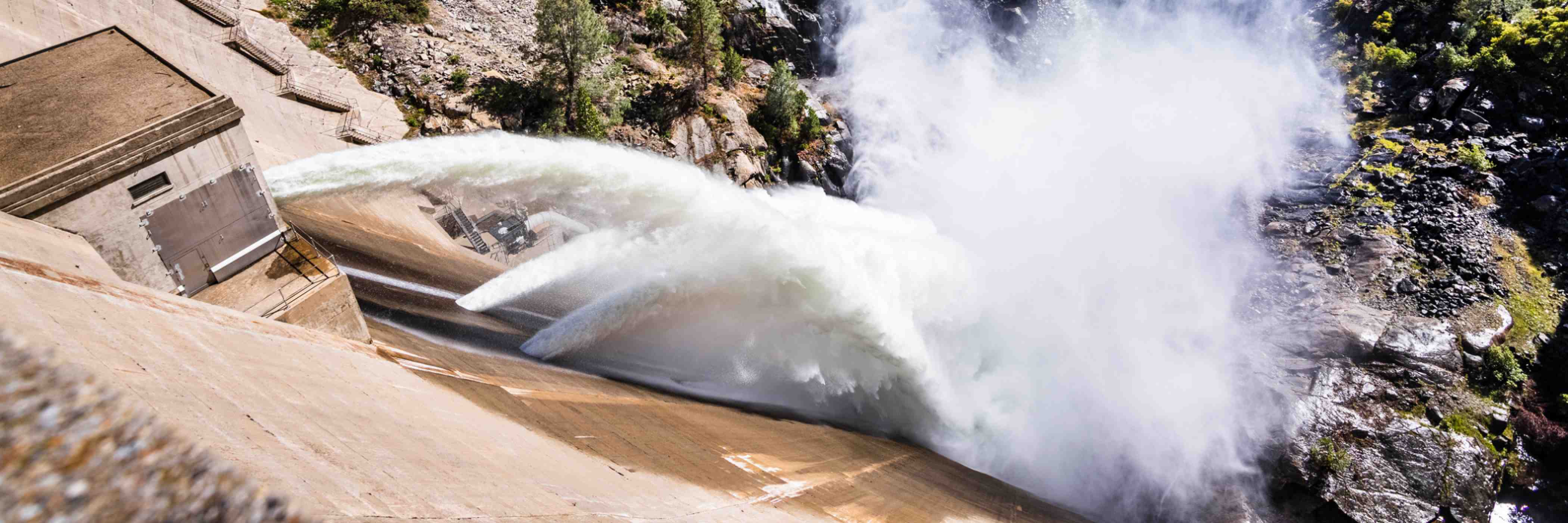



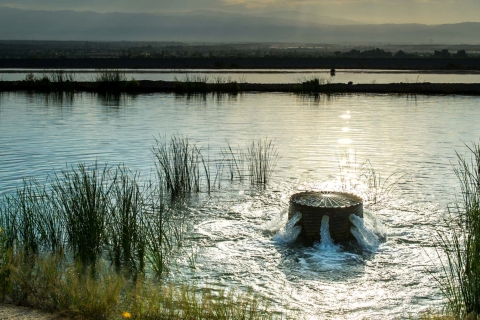
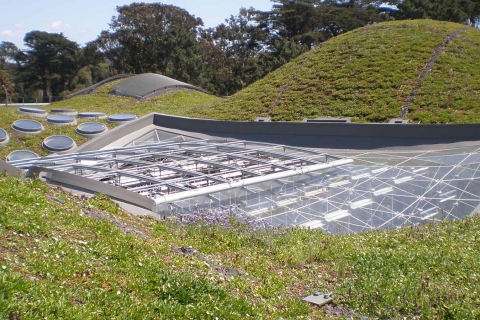



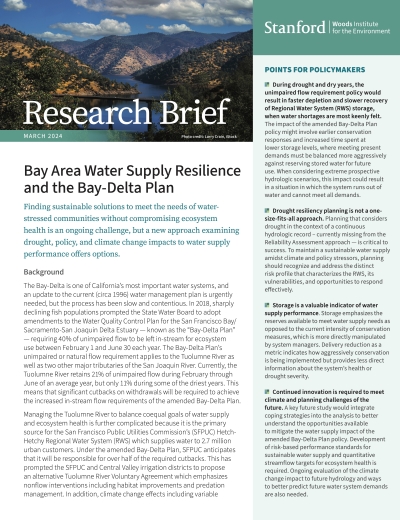
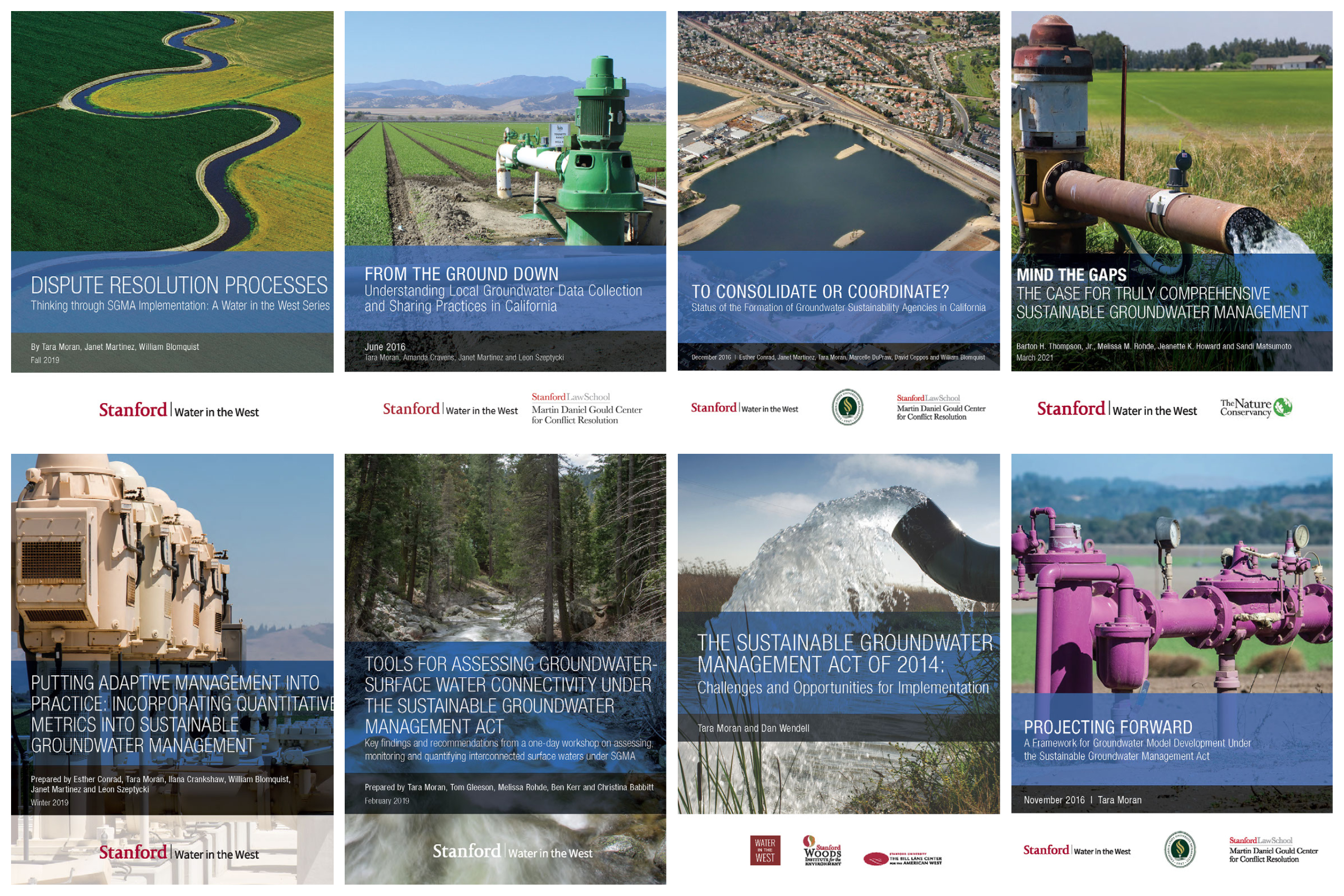
![[Woods Logo]](/sites/default/files/logos/footer-logo-woods.png)
![[Bill Lane Center Logo]](/sites/default/files/logos/footer-logo-billlane.png)